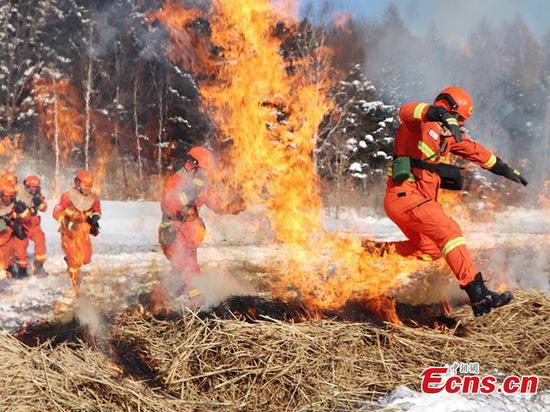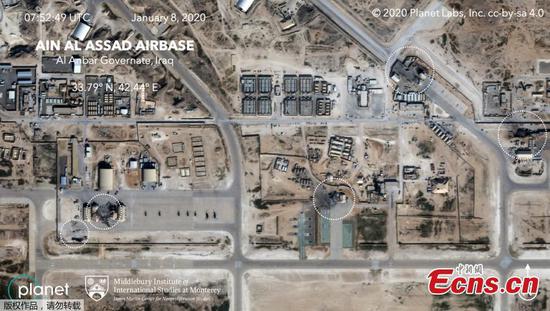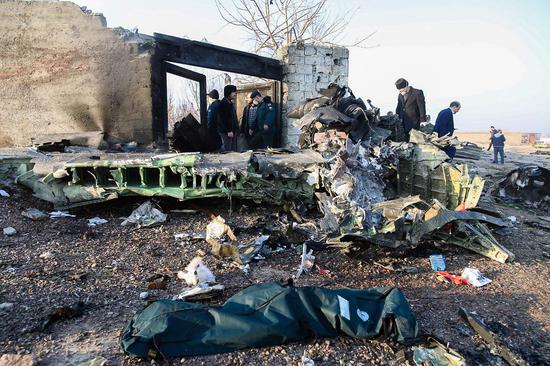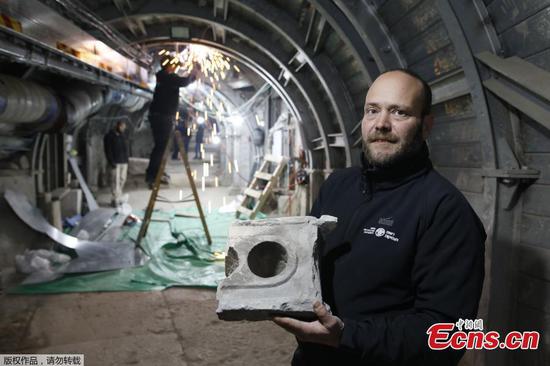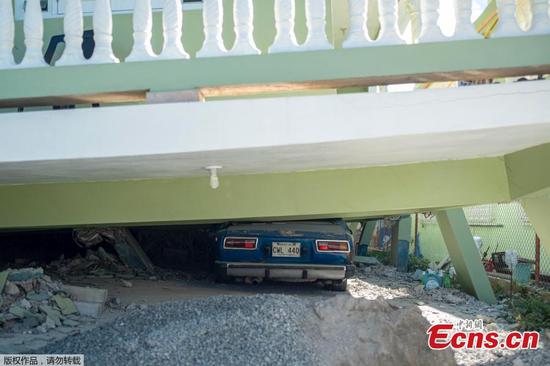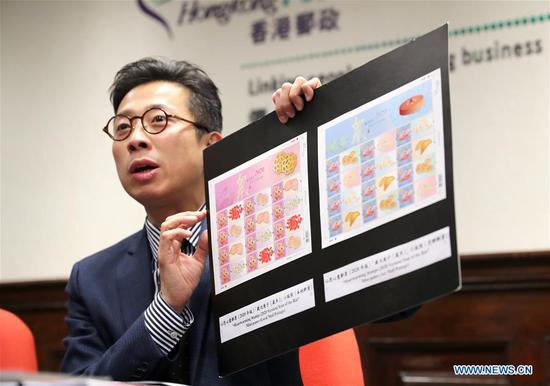
A security checkpoint at a hospital in Nanning, South China’s Guangxi Zhuang Autonomous Region (Photo/Screenshot of Pear video)
Nanning, capital city of South China's Guangxi Zhuang Autonomous Region, has become the first city in China to set up security checkpoints at hospitals after a Chinese doctor was recently stabbed to death, raising concerns over growing tensions between patients and doctors that could lead to more fatalities.
The city is demanding third-class hospitals install metal detector security gates, media reported on Wednesday.
On the first day of operation, security at the Second Nanning People's Hospital detected a long-bladed knife and other fruit knives. Some local residents interviewed said they support this new policy and would fully cooperate for personal and hospital security.
Some internet users on Chinese Twitter-like social network Weibo highly praised this move, suggesting that it should be expanded to other cities and provinces across the country.
Tensions between patients and doctors have been increasing and the recent murder of a doctor in Beijing has sparked heated discussion on violence in hospitals.
Doctor Yang Wen of Civil Aviation General Hospital in Beijing died on December 25, 2019 after she was slashed in the neck the day before.
The alleged perpetrator, a relative of a 95-year-old patient of Yang, was arrested and both the Chinese doctors association and Beijing health authority have strongly condemned violence against healthcare practitioners.
However, some internet users said they consider installing security checkpoints at hospitals ironic and even pathetic.
"A hospital is supposed to be a place that cures and saves people. Doctors treat patients with compassion and patients respond with gratitude. It is supposed to be a very harmonious relationship, but now they're hurting each other," Zhou Pengan, a commentator with 1.09 million followers, said in a post.
China's top legislature also adopted a law for the improvement of basic medical and health care, including protecting the safety of medical personnel. It is also the country's first fundamental and comprehensive legislation on basic medical and healthcare.













